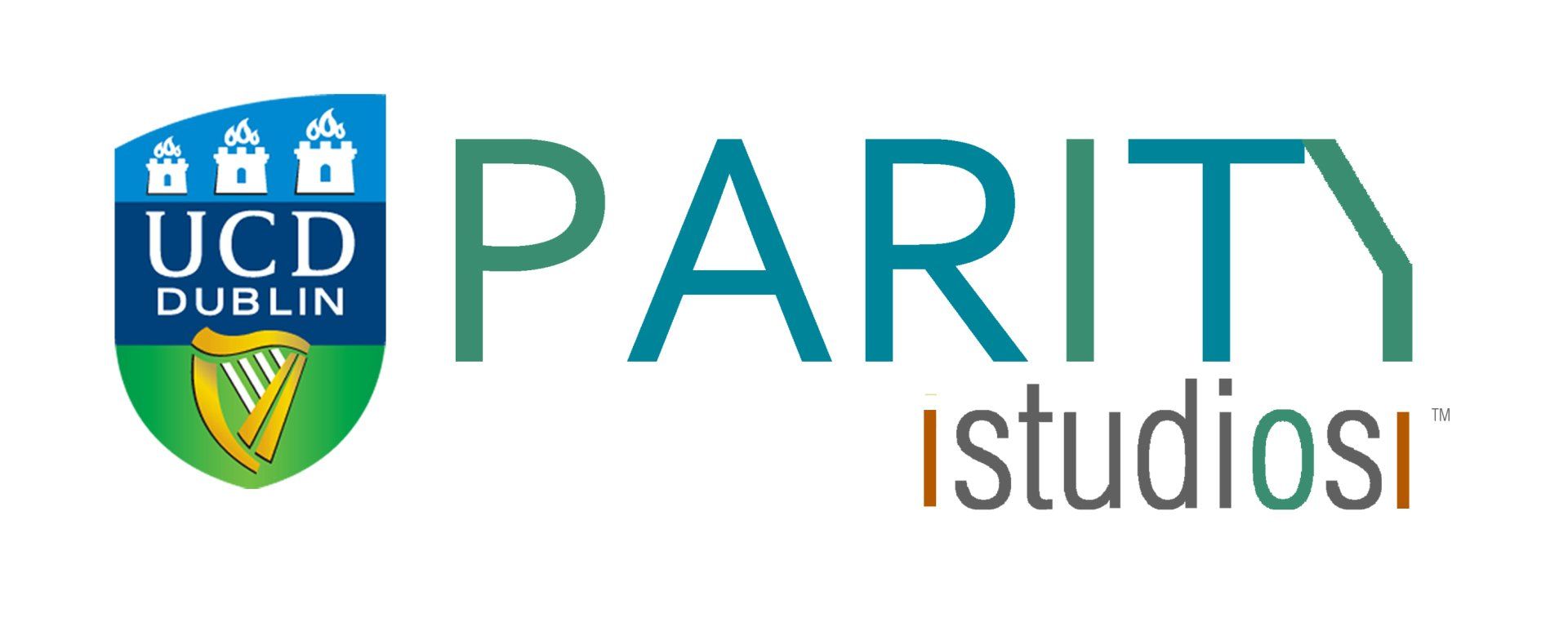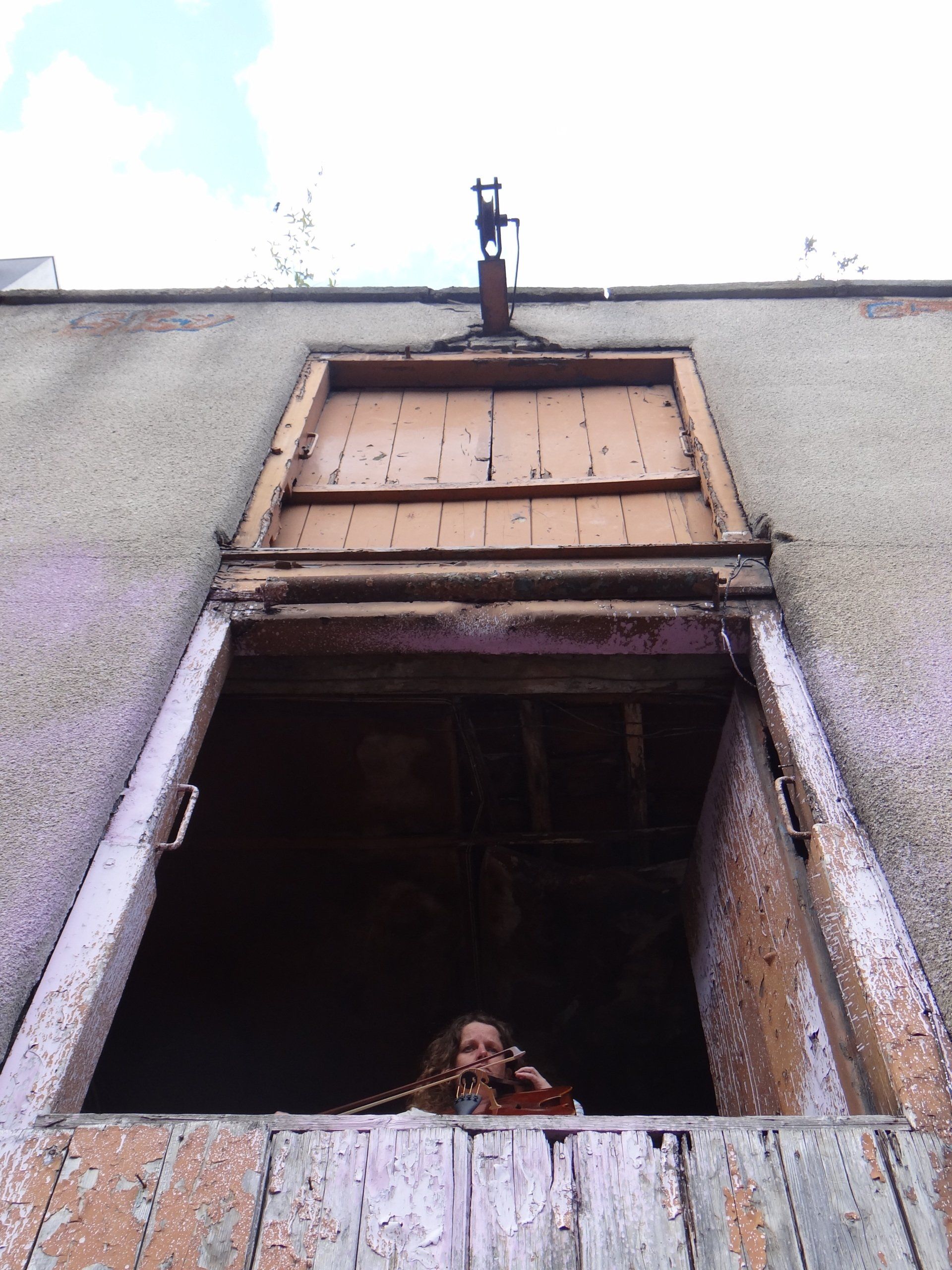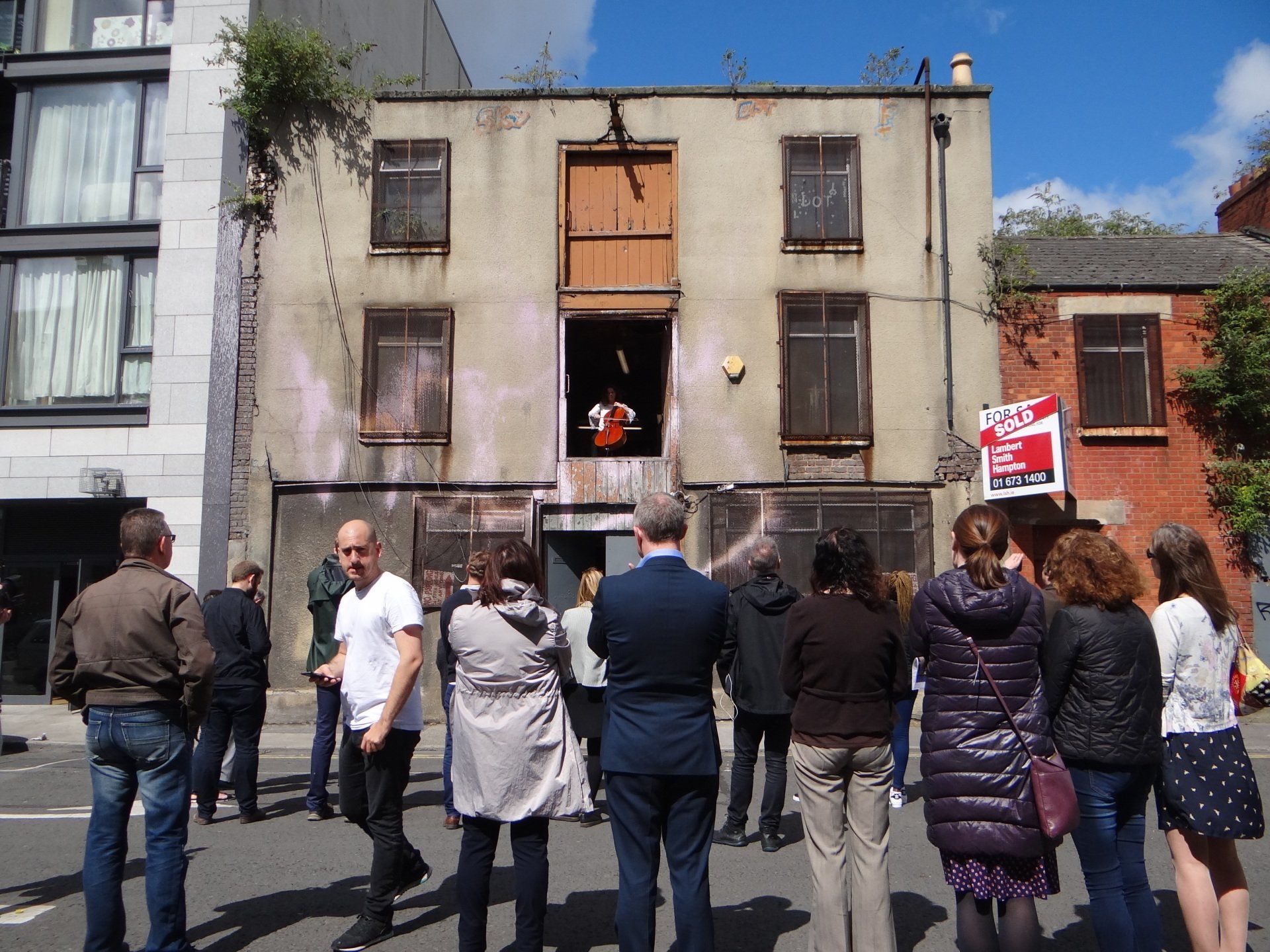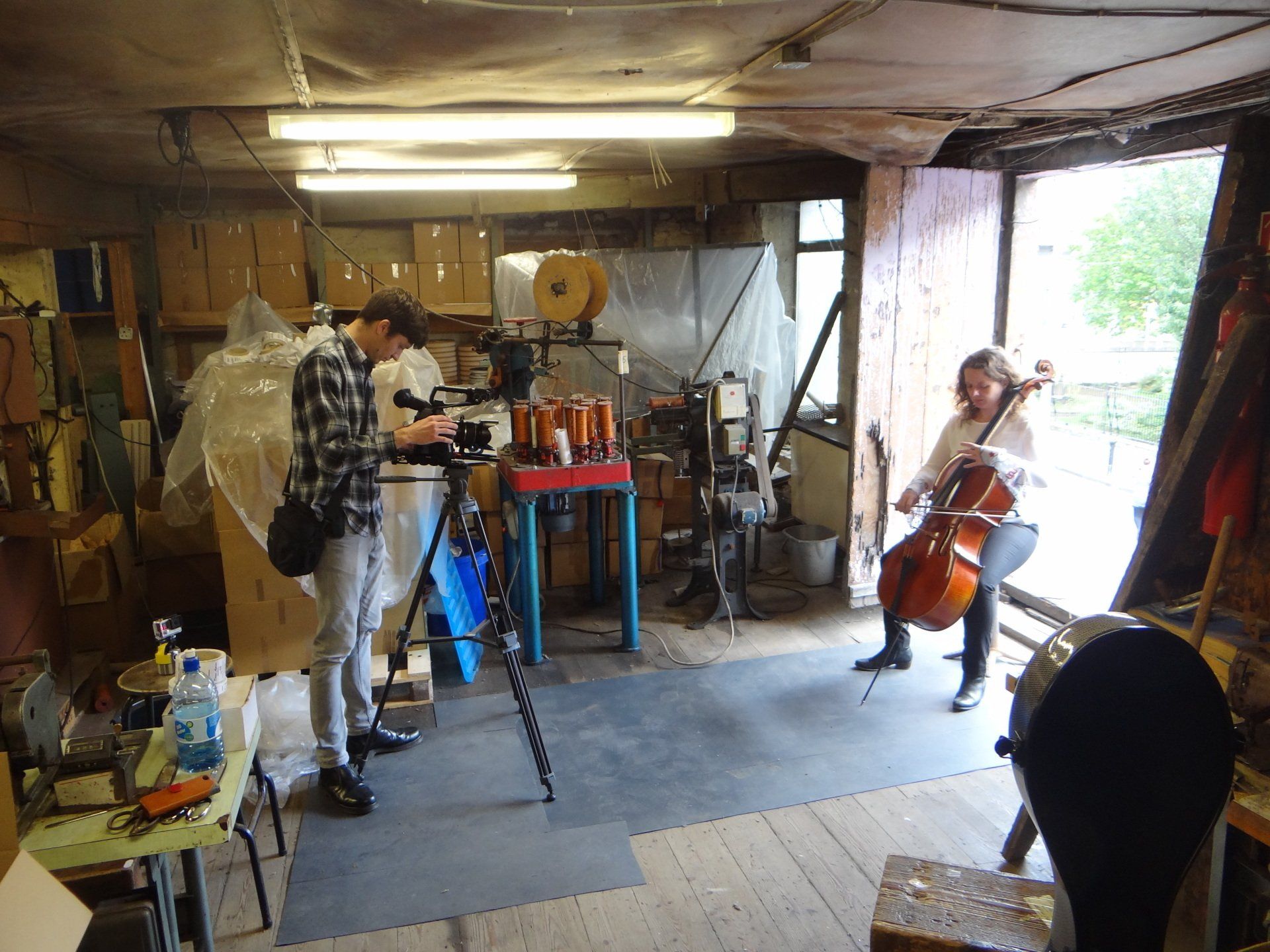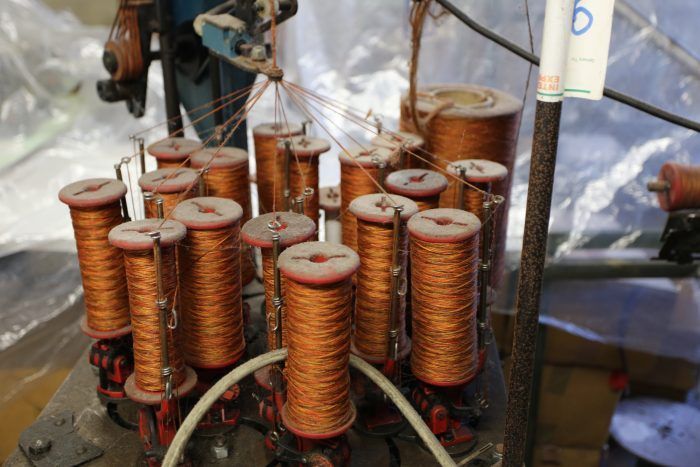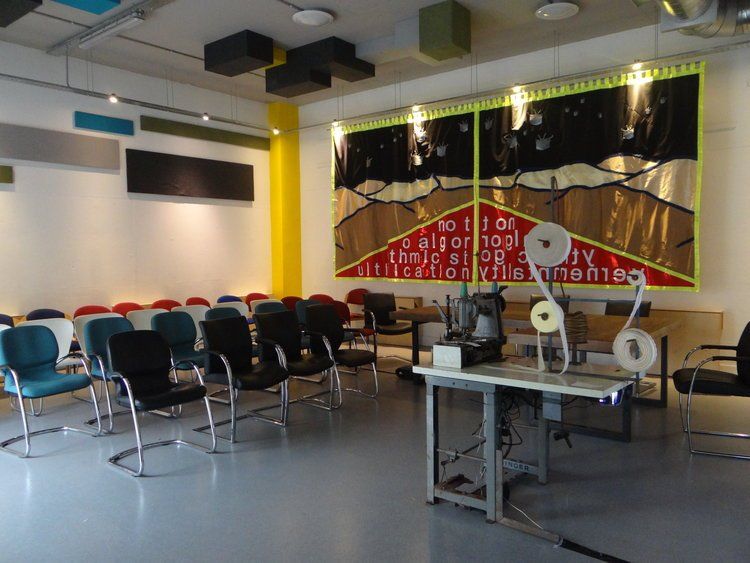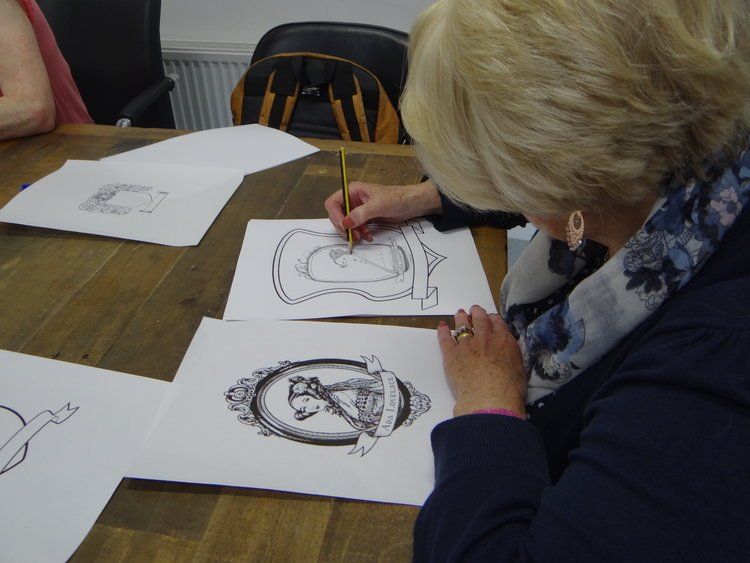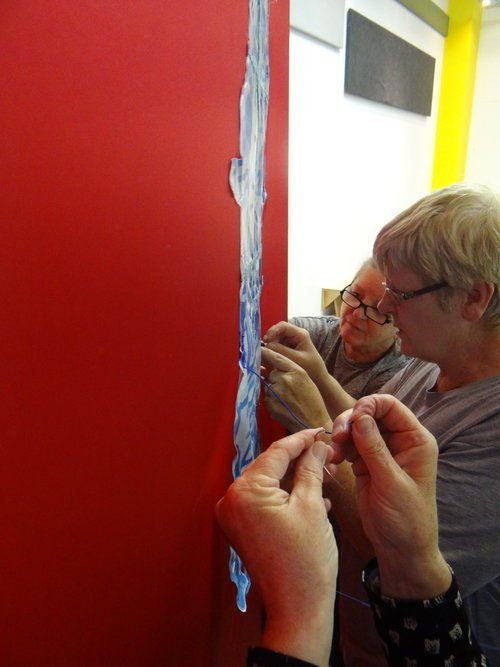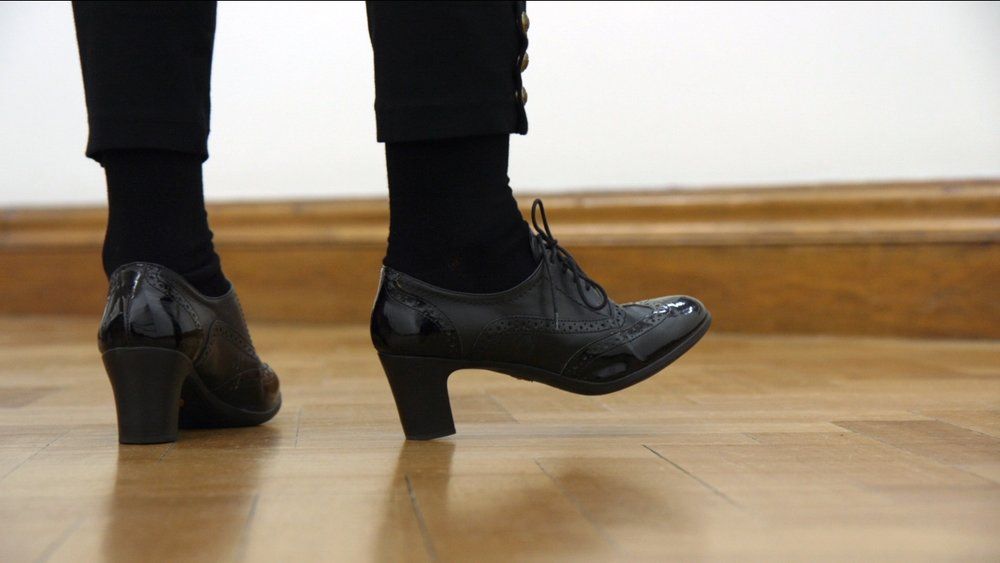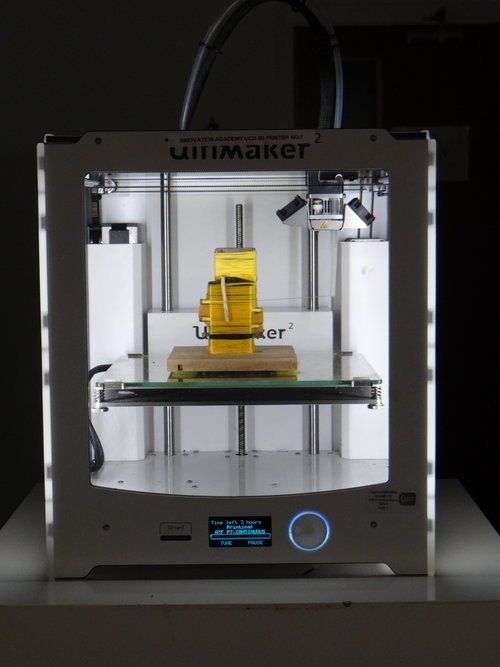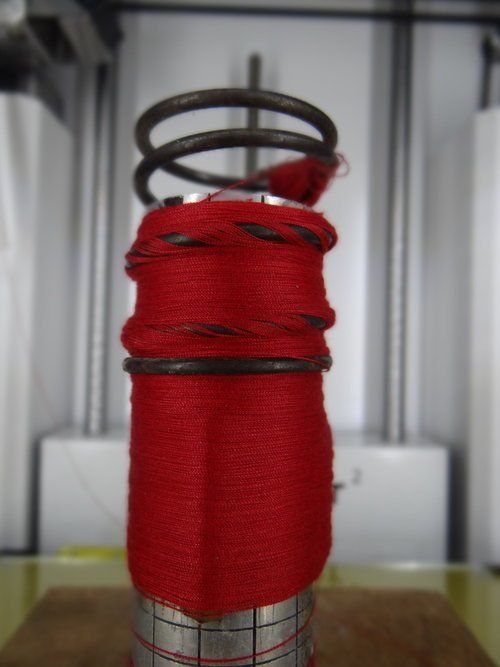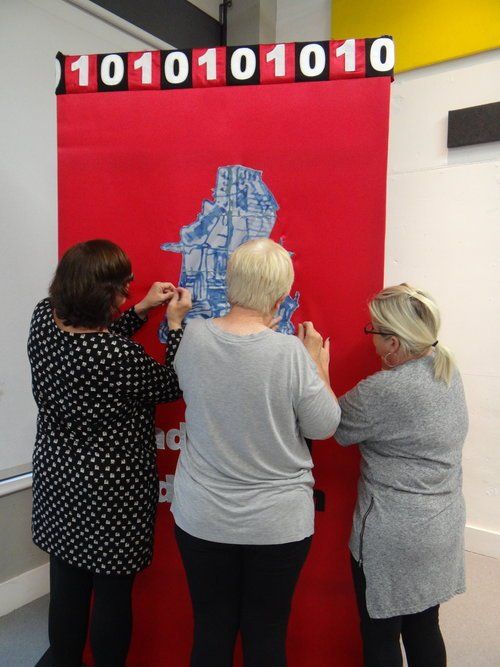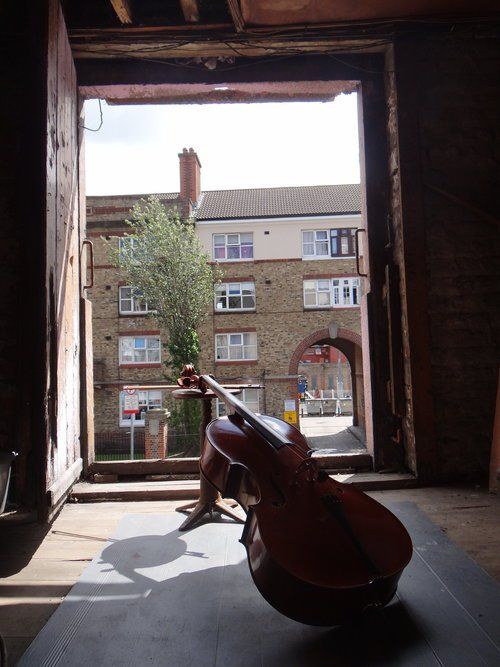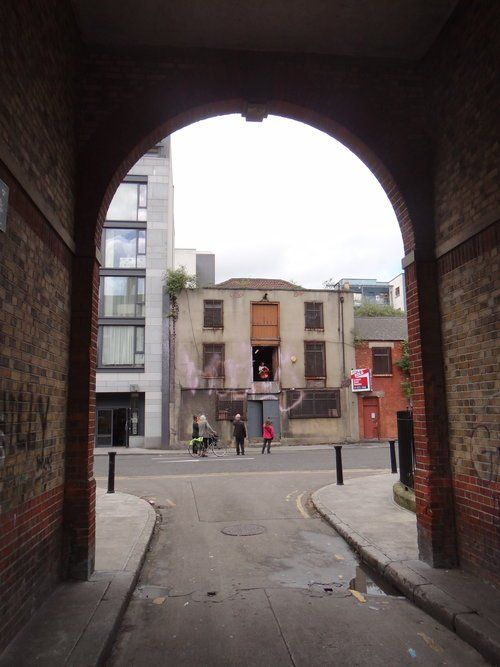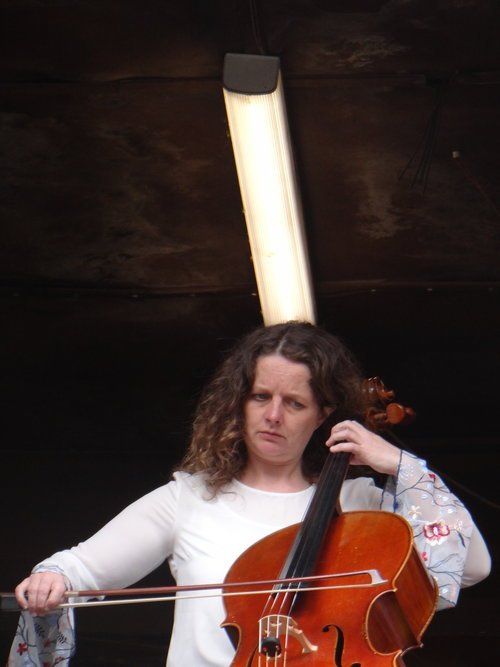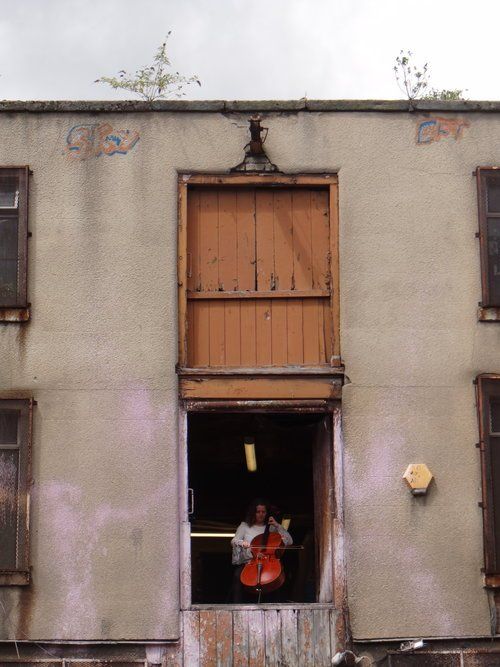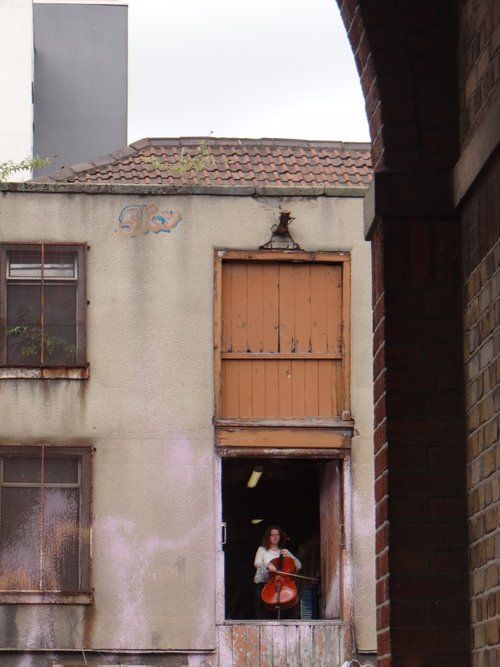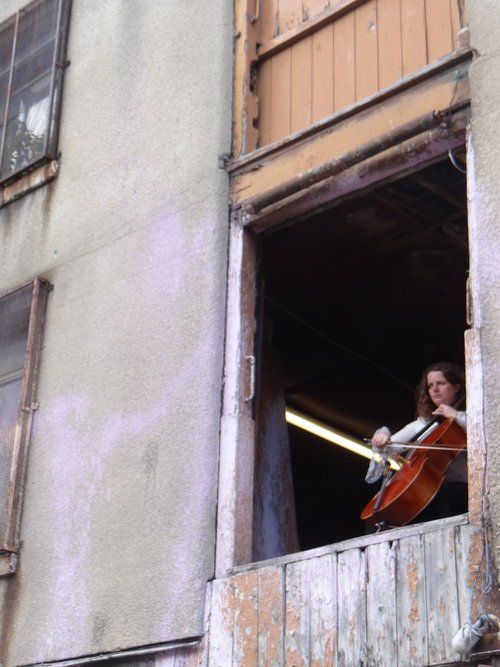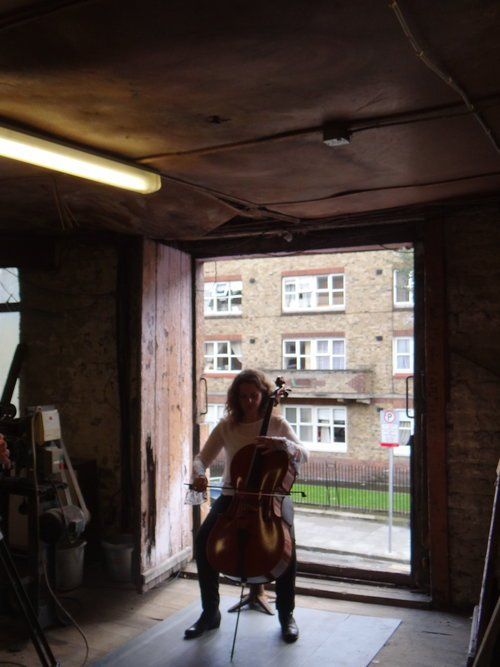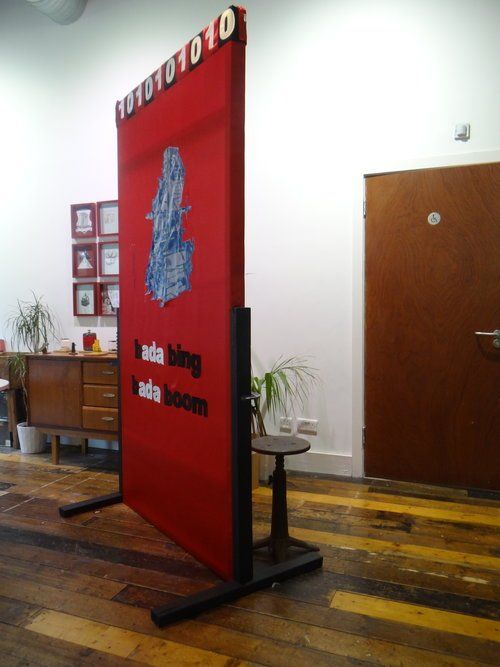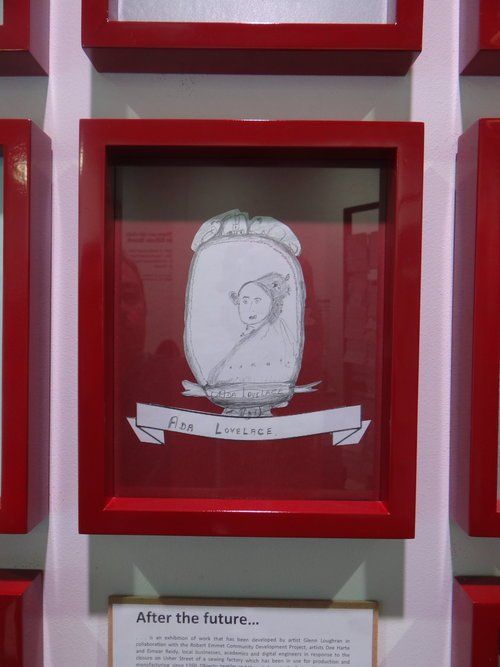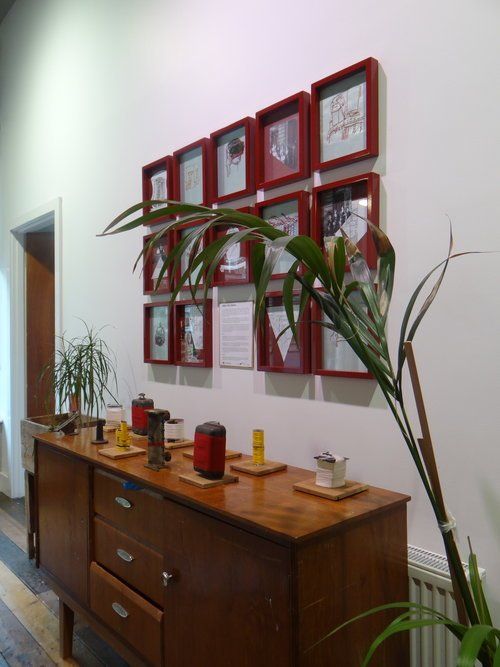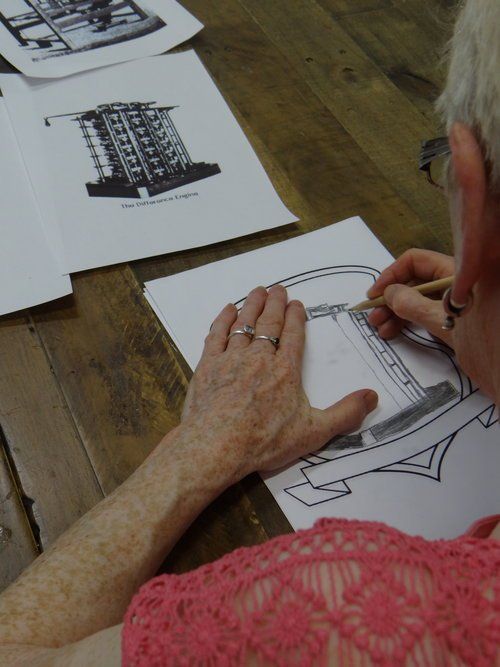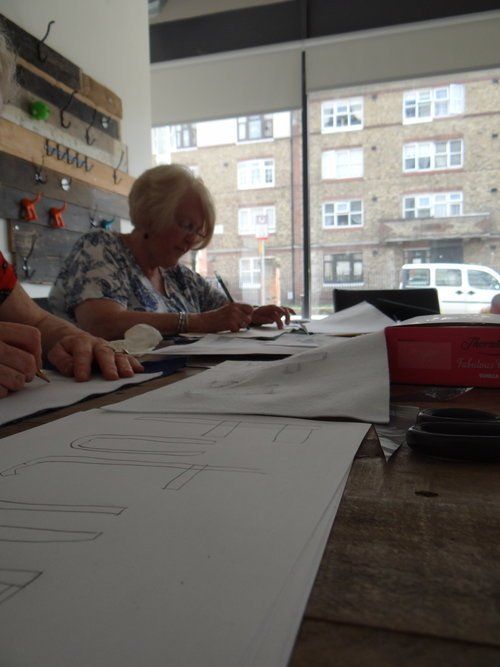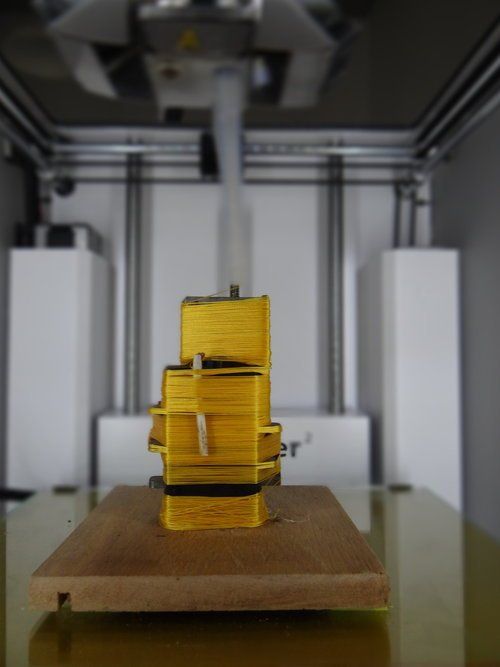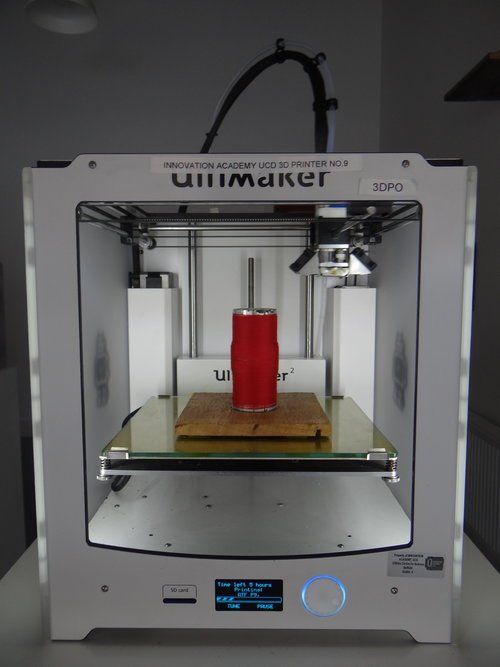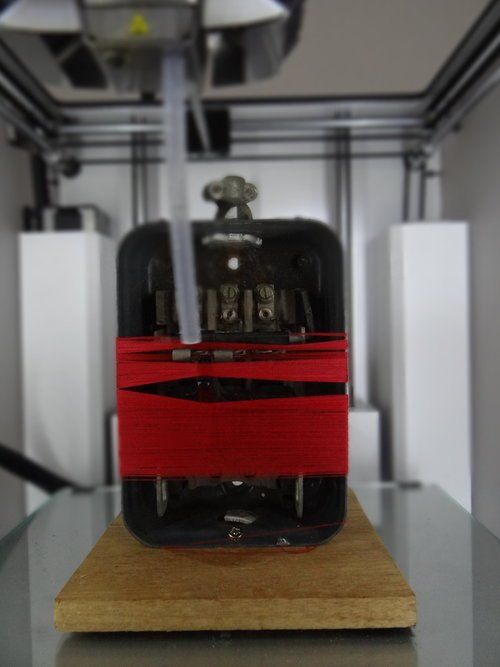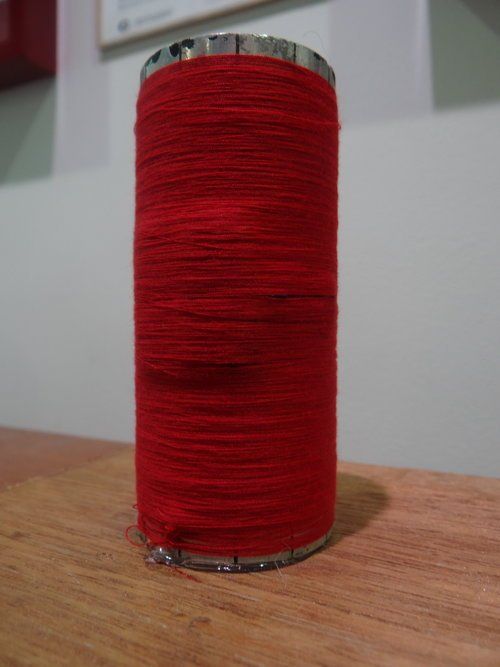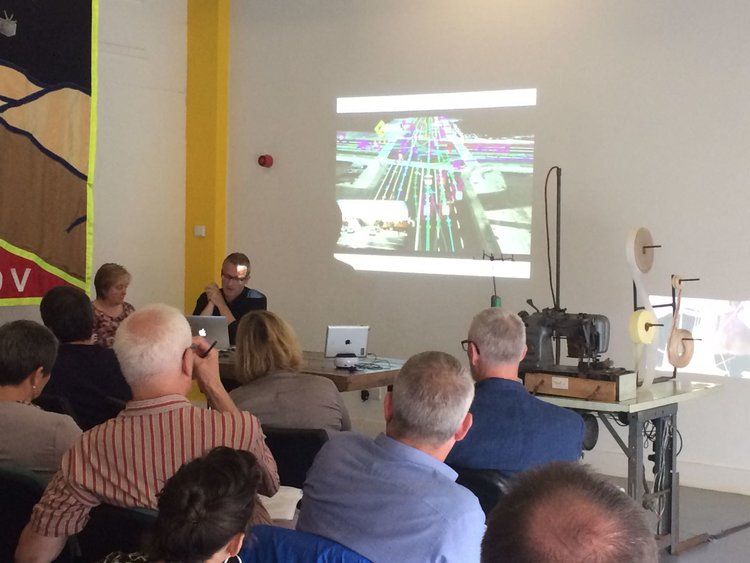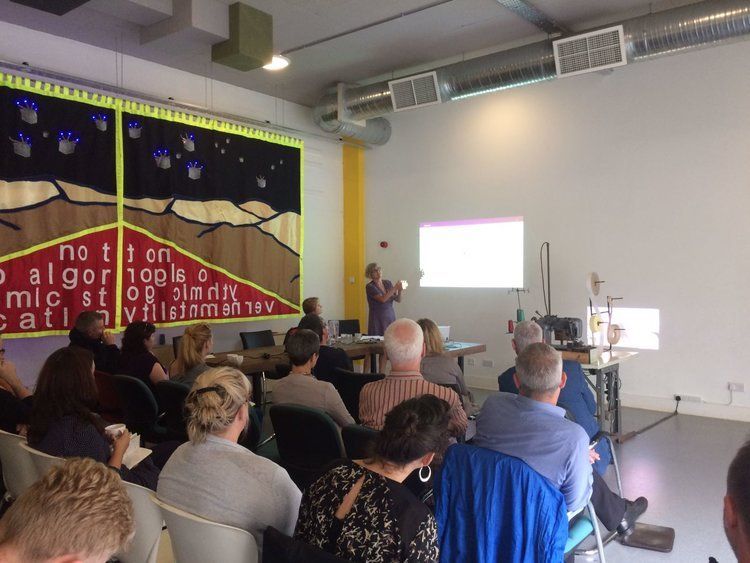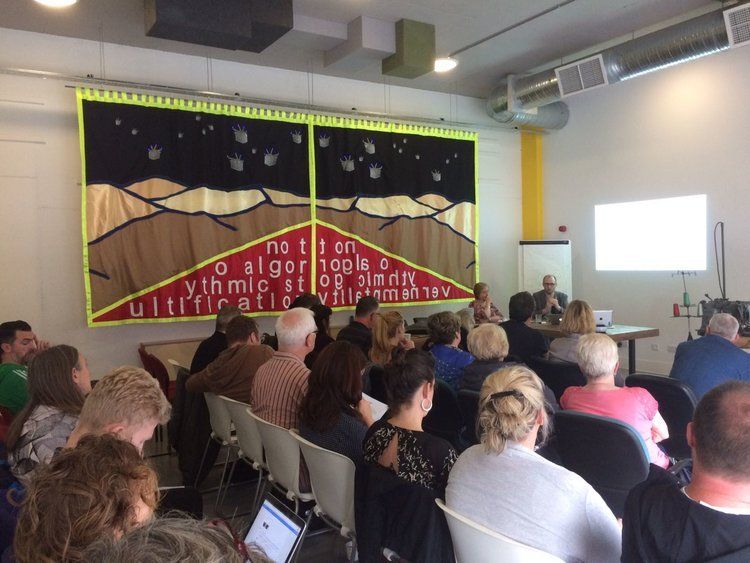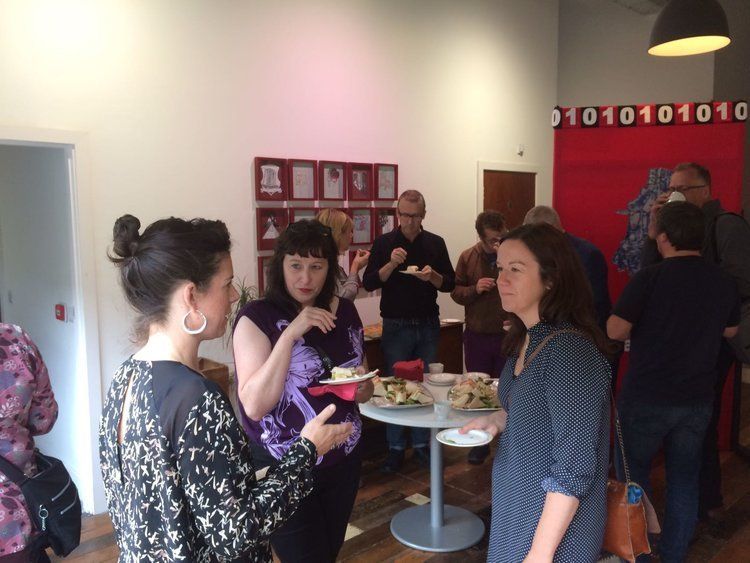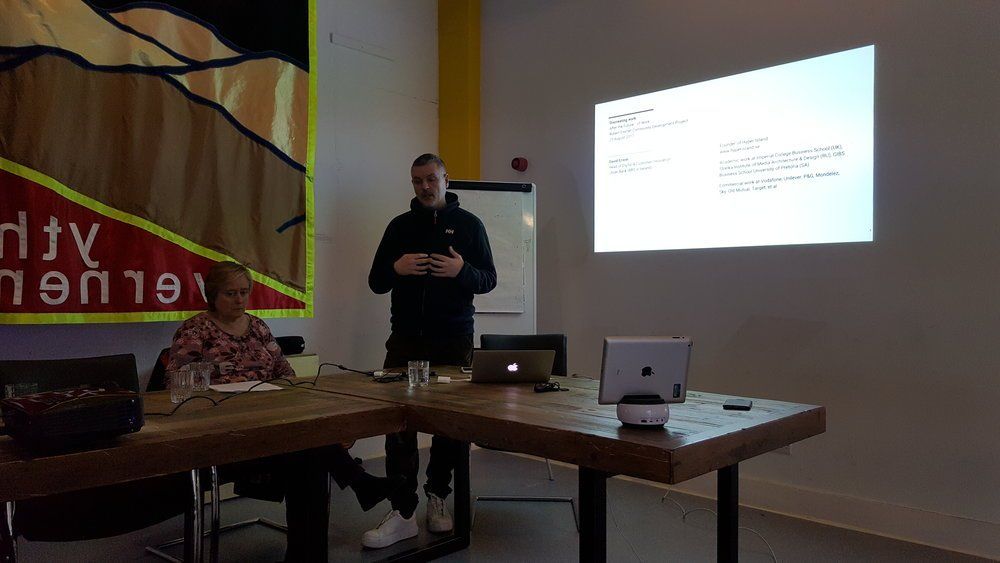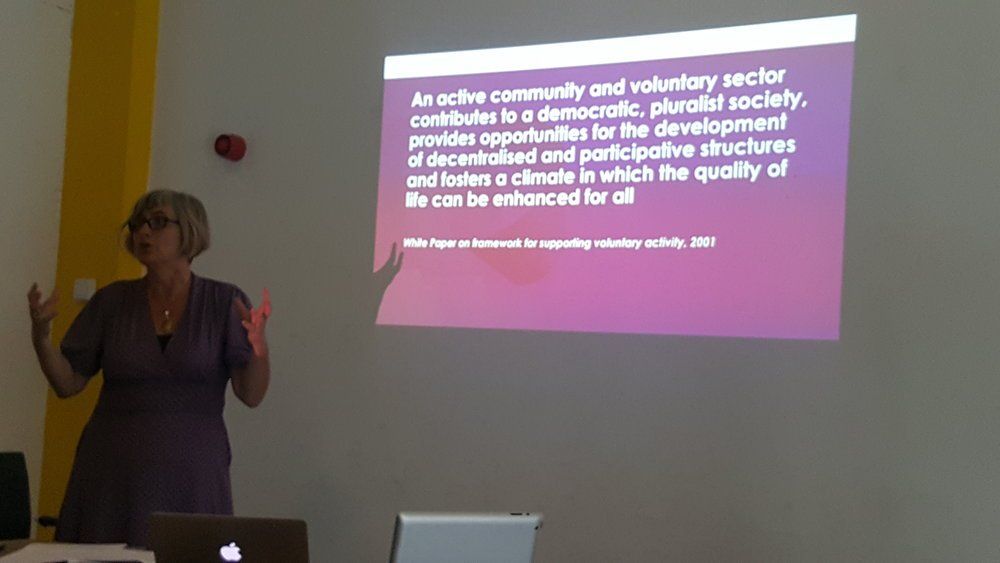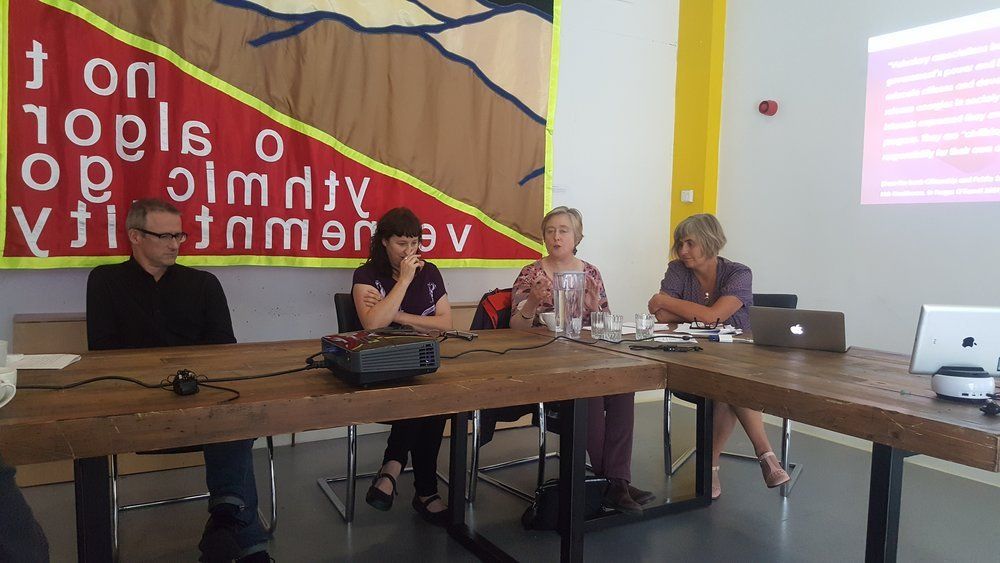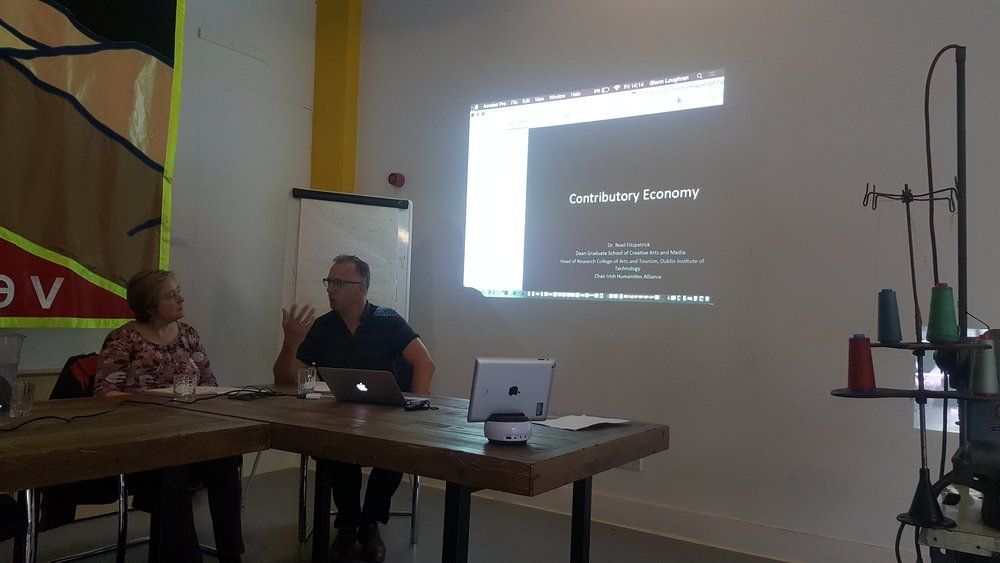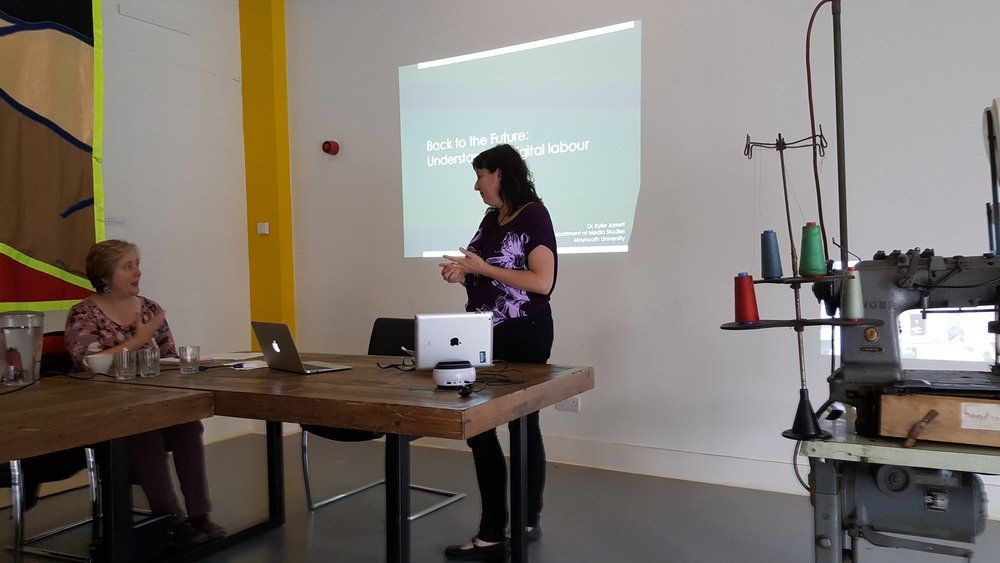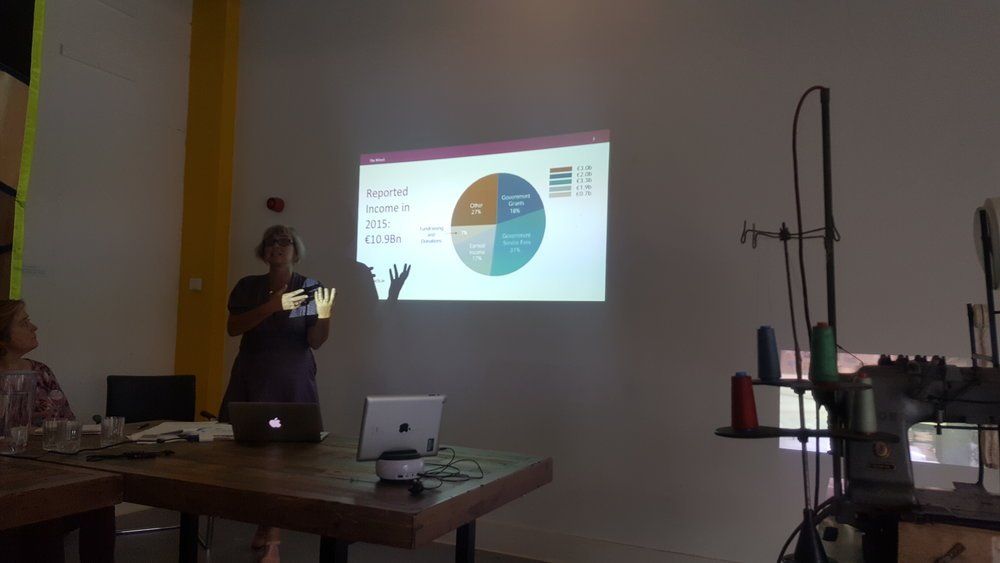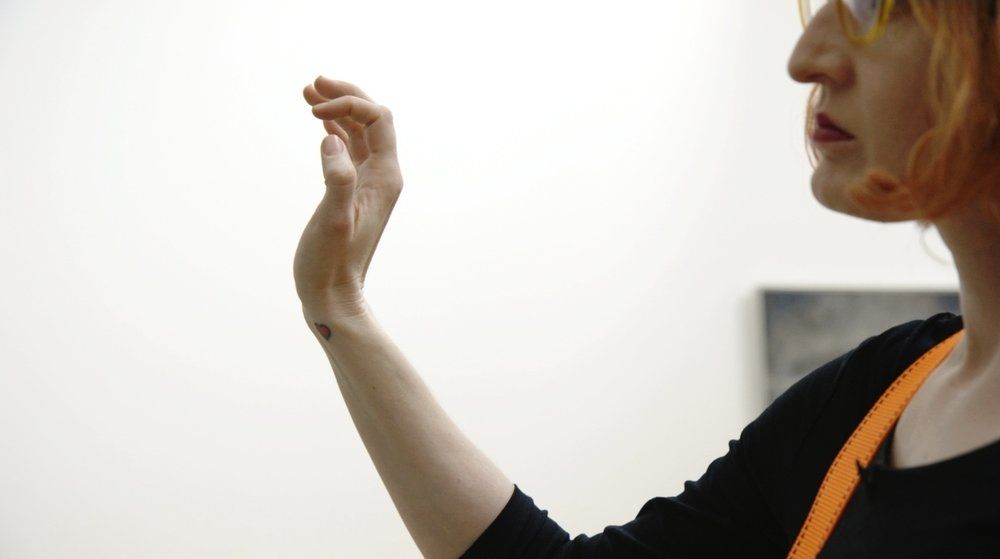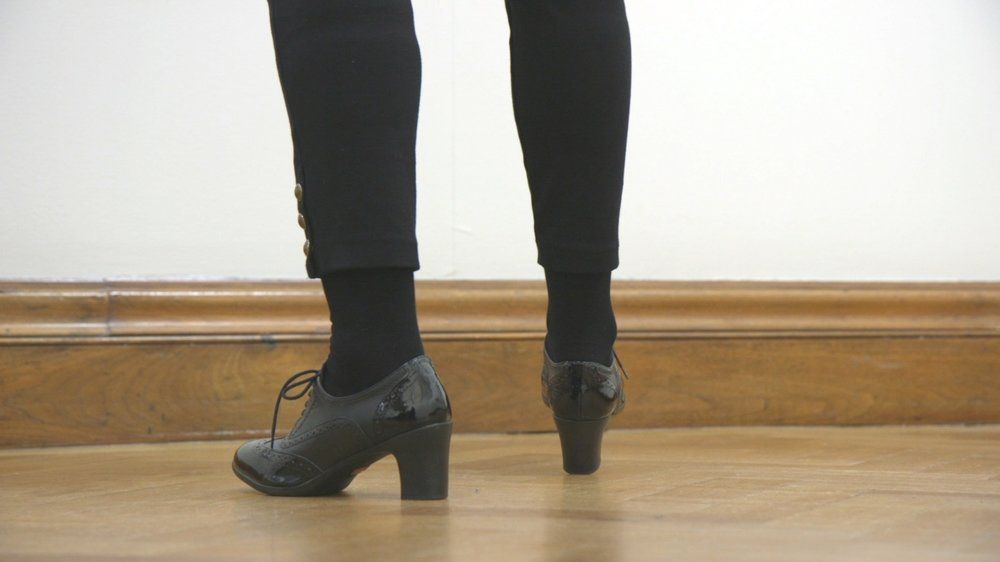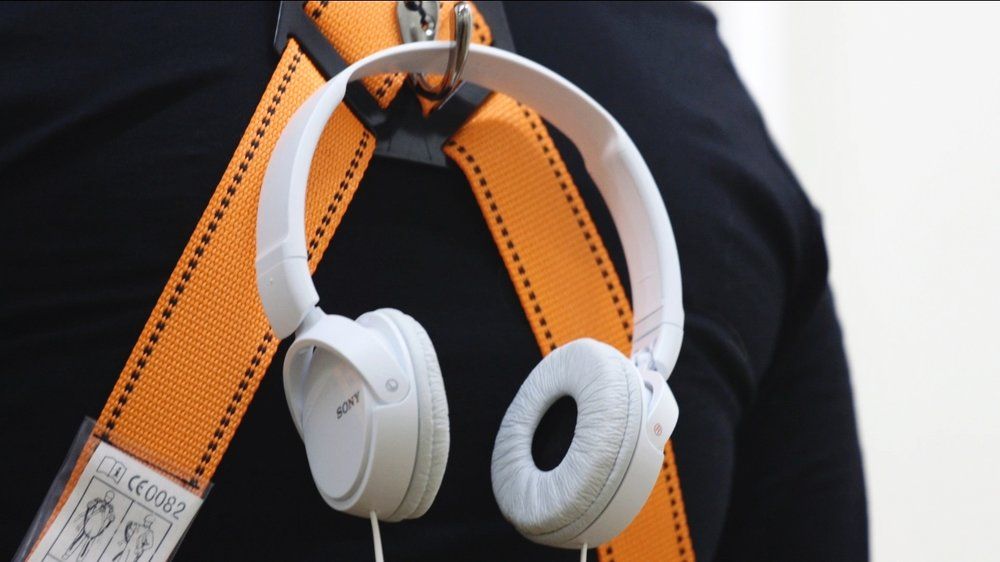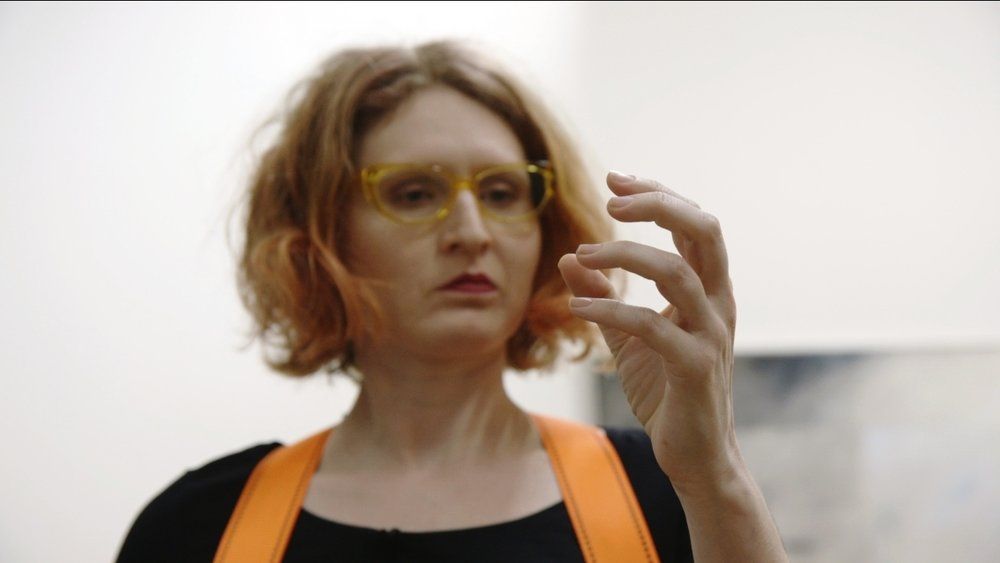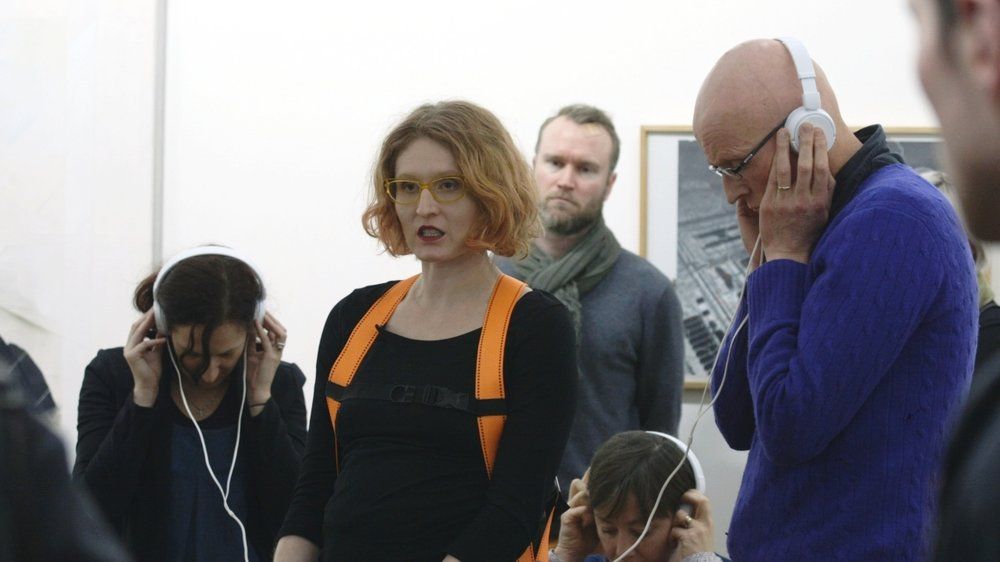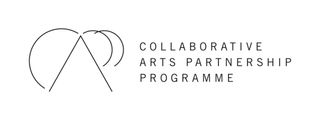Glenn LoughranAfter The Future of Work
Artist In Residence at UCD Parity Studios 2017
Supported by UCD in the Community, College of Social Sciences and Law in partnership with Create and CAPP- Collaborative Arts Partnership Programme
After the Future of Work engages with industrial and post-industrial themes, the shifting world of labour, work and unemployment in one of Dublin’s most disadvantaged communities.
After the Future is an artistic research project developed by artist Glenn Loughran in collaboration with the Robert Emmet Community Development Project, members of the community, local businesses, artists, musicians, academics and digital technicians. In response to the closure of the last sewing factory in Dublin’s inner city, the project engages with industrial and post-industrial themes, the shifting world of labour, work and unemployment in one of Dublin’s most disadvantaged communities.
Key actions in the research aimed to:
Explore new artistic methodologies for engaging with local communities
Explore contributory work and alternative economies with local communities
Develop public events around the future of work in society
Develop an artistic archive of the last sewing factory in Dublin 8
Outcomes:
A unique series of collaborative artistic research processes and events.
An archival record of the last sewing factory in the community.
A public dialogue around the end of work and alternative economies in a working class community.
A Forthcoming Publication.
Developed over an extended period of time (2017 – ) this project initiated long term collaborative engagements in the community around the impact of generalised automation on work/employment. The outcomes of this research were a series of artistic events developed with the community on the history of industrial labour in the Dublin 8 area
INTERMITTENT
- Specially commissioned cello composition and public performance in the sewing factory resulting in short film.
First established in 1970, Dot Binding is the last in a long tradition of factories and warehouses that have occupied this building since it was built in the mid 1700’s. The current owners have been a rich part of the local community, employing men and women locally and throughout the Dublin 8 area. As it closes we would like to thank Paddy and his family for his contribution to the community over the years and to acknowledge the passing of this building as the passing of the industrial era. To mark this event artist Glenn Loughran in collaboration with the Robert Emmet Community Development project have commissioned world renown cellist Eimear Reidy to develop a 15 minute solo composition to be played from within the building, on the eve of its demolition.
The title of the piece developed by Eimear alludes to the history of sewing in the area. The intermittent mechanism in sewing machines creates the unique form of stitch common in industrial fabrication. Intermittent also points to the future of work after industrialisation where part-time, unprotected work becomes the norm. Composed in response to all of these elements, the piece will be punctuated by intermittent sounds that are stagnant and fragmented, calling us to reflect on present day questions concerning the future of labour.
UNION BANNERS
- Production of large-scale textile work with ex- sewing factory workers, using left over textiles from the factory
Developed in collaboration with textile artist Dee Harte and through a long series of history workshops with local women/ex-factory workers, a number of union banners were designed and fabricated out of fabric from the sewing factory. From the history of women's labour and union participation to the history of computation, the banners address the future of work in a post- industrial society. Through declarative statements and technical drawing, the banners perform a protest yet to come;
NO TO ALOGRITHMIC STULTIFICATION/NO TO ALGORITHMIC GOVERNMENTALITY
Dee Harte is an Artist and part-time lecturer in Fine Art (TAA, NCAD). She holds a Masters of Textiles (NCAD 2016), Hon. BA in Embroidered Textiles (NCAD 2008), Fashion Design (BA) (LSAD 2002). She lives and works between Dublin and Kilkenny.
OBJECT ARCHIVE
- The development of an archive of industrial objects from the factory using reconditioned 3d printers.
Developed in collaboration with UCD engineer James Carron, a suite of 3d printers were repurposed to wrap rather than make objects. The objects & fragments that each printer was re-coded to wrap were collected from the Dot Binding sewing factory. Installed in the Robert Emmet Community Development Project from 21st Sept - 25th Sept, these objects are wrapped for eight hours a day using the left-over threads from the factory, for one work week. The objects form a permanent archive of industrial objects in the community centre reception area.
Public Conference -
A public conference on the future of work developed with academic institutions and civil society networks.
Exploring the future of work in our society and communities, the conference sought to create a public discussion around the future of work and new and different modes of exchange which might develop in the shift from one industrial revolution to the next. This was an opportunity for the Robert Emmet CDP to reflect on an increasing employment gap emerging in the current economy, and its implication for future generations.
Biopedagogy (1)
Developed in collaboration with performance artist El Putnam, the first event in the second phase of the research was sited at the Dublin City Gallery Hugh Lane. Focusing on the relationship between knowledge and automation, the event developed a performative response to emerging explorations of gestural simulation for virtual teaching. Biopedagogy (1) aimed to develop a gestural archive of bodily techniques used in the classroom. Breathing, Gesturing, Laughing and Glancing were performed silently in front of three Joseph Beuy's blackboards. Audio reflections on the etymology of each category were cited and recited through a series of automated audio recordings played through headphones attached to the performers body. The audience were encouraged to listen to the audio recordings and to accompany the performers movment. Intermittently, the performer would deliver an oral monologue on the etymology of a particular technique (e.g the glance), which concluded with a short contextual reflection on biopedagogy.
